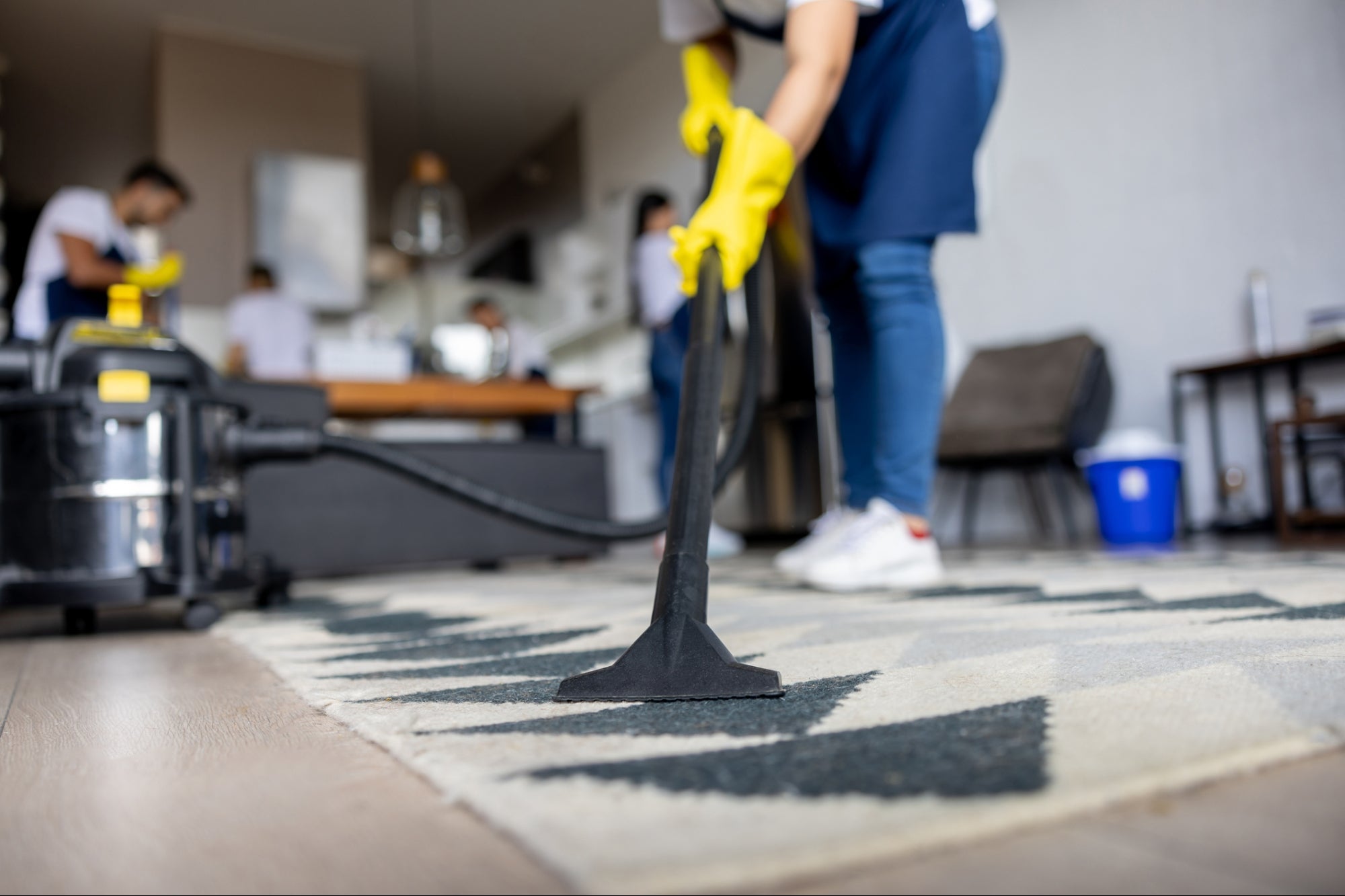Why Your Business Assets Belong on the BlockchainBlockchain's immutable and decentralized ledger is the perfect framework for the wide range of companies looking to take asset management to the next level.
ByAJ Agrawal•
Opinions expressed by Entrepreneur contributors are their own.

"Asset" may have a clinical ring to it, but it refers to much of what makes our lives, businesses and stock portfolios go 'round. The deed to your house, the 401(k) you plan to retire on and the antique watch you inherited from your grandfather are all assets; so clearly "assets" are worth the effort it takes to keep them safe and manage them efficiently.
Related:Blockchain Is How We Can Protect Our Privacy in a World of Ubiquitous Surveillance
What's also clear is that blockchain technology is melding with this world of asset management. Blockchain's immutable and decentralized ledger is the perfect framework for the wide range of companies looking to take asset management to the next level. If you follow blockchain news, you know that blockchain asset management isn't a fringe idea -- it's a movement being embraced by some of the biggest technology, finance and research institutions out there.
Examples? In 2016, IBM startedusinga blockchain to track its software and hardware's complex movement through their development and deployment supply chain. And global services firm Accenture justannouncedthe launch of its own software license blockchain platform. Blockchain asset management also has clear applications in the finance world: One study concluded that if blockchain were implemented in the investment industry, asset managers couldsave$2.7 billion per year.
But broader asset management is possible, using blockchain technology: Many companies and thought leaders believe virtually any physical or intellectual property is blockchain-compatible. CoinBase CTO Balaji Srinivasan evenpredictedthat blockchain tokenization could "turn the world into a massive stock market."
Blockchain's advantages for many asset classes
Different companies are exploring different ways to handle blockchain asset management and competing to find who can develop the most user-friendly, efficient, reliable and ultimately groundbreaking asset management tool. These companies share a basic framework for how blockchain and asset management work together: They use blockchain tokens or portions of a block in the chain to represent ownership of an asset. The owner of the blockchain property owns the asset it's tied to.
Blockchain assets' connections to real-world intellectual or digital properties with intrinsic value make them a different breed from standard cryptocurrencies such as Bitcoin (whose value stems partially from the network's perception of its value) or utility tokens such as Ether (whose value stems in part from its usefulness in a specific platform).
A universal source of "truth"
将资产与区块链可以解锁一个宽range of benefits. A blockchain can serve as a universal source of the ruth about transactions, and that's attracted stakeholders in complicated asset management situations. For example, the Australian Securities Exchange (ASX) is partnering with the firm Digital Assets to revamp its Clearing House Electronic Subregister System (CHESS), to implement a new blockchain settlement system for the exchange.
Related:These 5 Blockchain Solutions Could Restore Your Optimism in the Technology
ASX CEO Dominic Stevens says he can save Australian investors over $20 billion by launching the platform, which hesayswill form a "perfect chain of title" whenever securities transfer from participant to participant. Securities exchanges expect such significant savings because blockchain-assisted asset transfers require significantly fewer administrative resources to ensure compliance, settlement and reconciliation.
Getting on to the open market
Platforms such asPolymathare helping investment-seeking companies to offer "securitized token offerings." These investment products encode fractional ownership of securities (think: shares of stock) on to the blockchain. The tokens can be bought and sold on the open market (because the SEC regulates them), moving securities sales outside of traditional exchanges altogether.
Fractional tokenization of securities and other assets creates liquidity in traditionally illiquid markets. If you own a large, immobile asset such as a building, it's usually difficult and costly to buy and sell ownership portions of that asset to others. However, a blockchain can make fractional ownership possible, allowing you to buy and sell shares in previously illiquid entities.
Example: TheNew York Timesrecentlyreportedthat blockchain assets are changing the world of high-value art collecting. Art investment platform Maecenas owns about half of a valuable Andy Warhol painting -- but it's divided the other half into fractional ownership shares to be bought and sold on a blockchain-trading platform.
区块链甚至可以用于保护tangibl少e assets such as digital and intellectual property.Lexituses a blockchain to organize an entire marketplace of startup technology and intellectual property.
Challenges in blockchain asset management
Blockchain assets still have hurdles to overcome. But this area of tech and finance is the source of constant innovation, which means some of those hurdles won't remain as impossible as they used to be, for long.
One significant obstacle to the mass adoption of blockchain assets is the difficulty of proving that the assets and identities claimed on the blockchain are genuine. Blockchain networks can only accurately gather data on the state of their own network. Information verifying whether that network accurately represents real-world assets must come from third parties, and those third parties can make mistakes -- or lie. Imagine that you decided to tokenize your home on the blockchain, then discovered that someone else had gotten there first and was claiming your home as his asset!
Blockchain asset management companies are working hard to solve this problem.TrustToken, a project designed to facilitate asset trades via the blockchain, uses platform tokens as collateral against blockchain assets, disincentivizing misbehavior.Metaverse, an asset-management platform touted as the next Chinese "Ethereum Killer," uses an ecosystem of digital identities verified by "Oracles," or entities that check the network against real-world information.
Related:5 Industries Likely to Be Disrupted by Blockchain
In sum, Blockchain assets are the future, and to a greater and greater degree, that future is already here. In the long run, blockchain assets could change how our society thinks about day-to-day economic activity, as the boundary between the offline and online world becomes amorphous.










